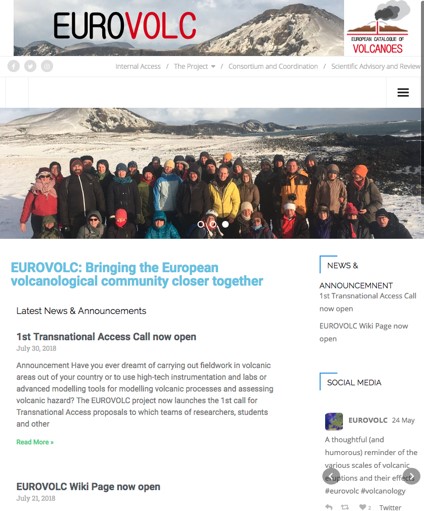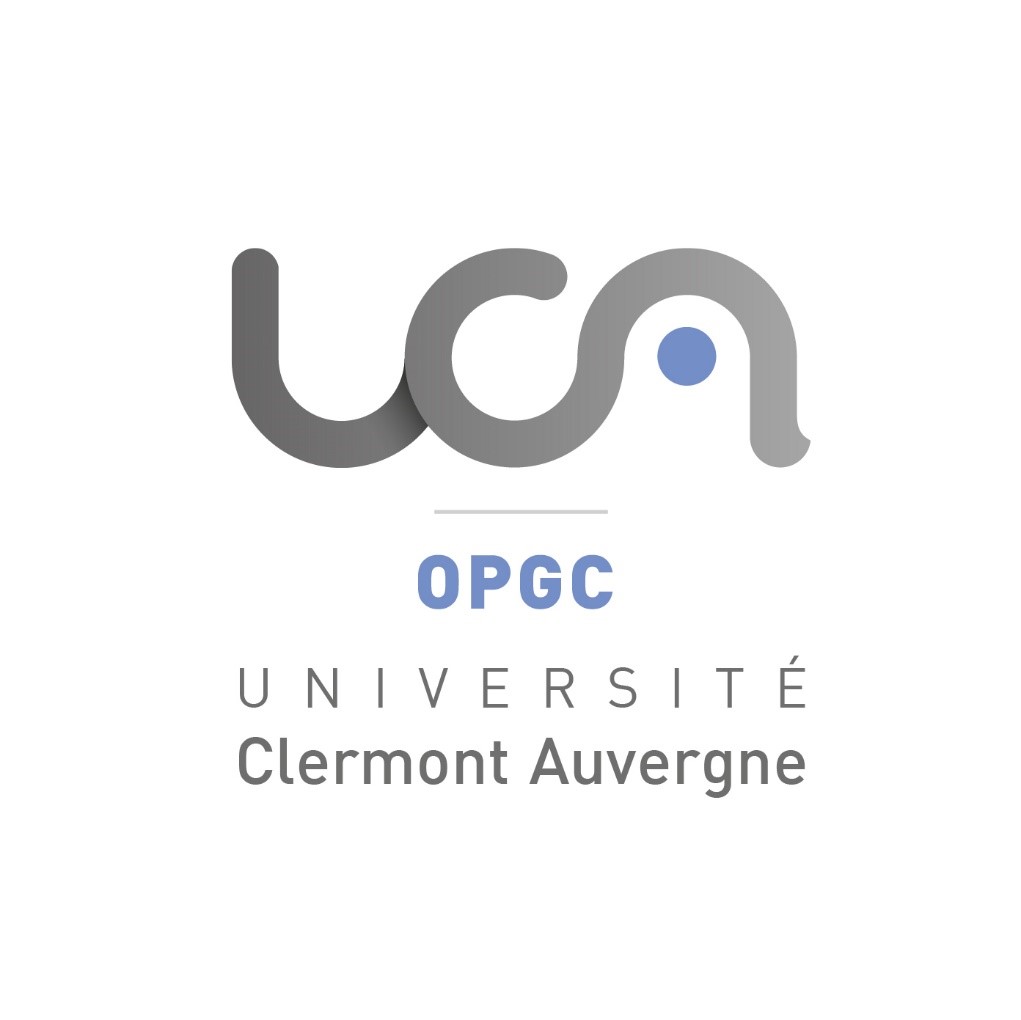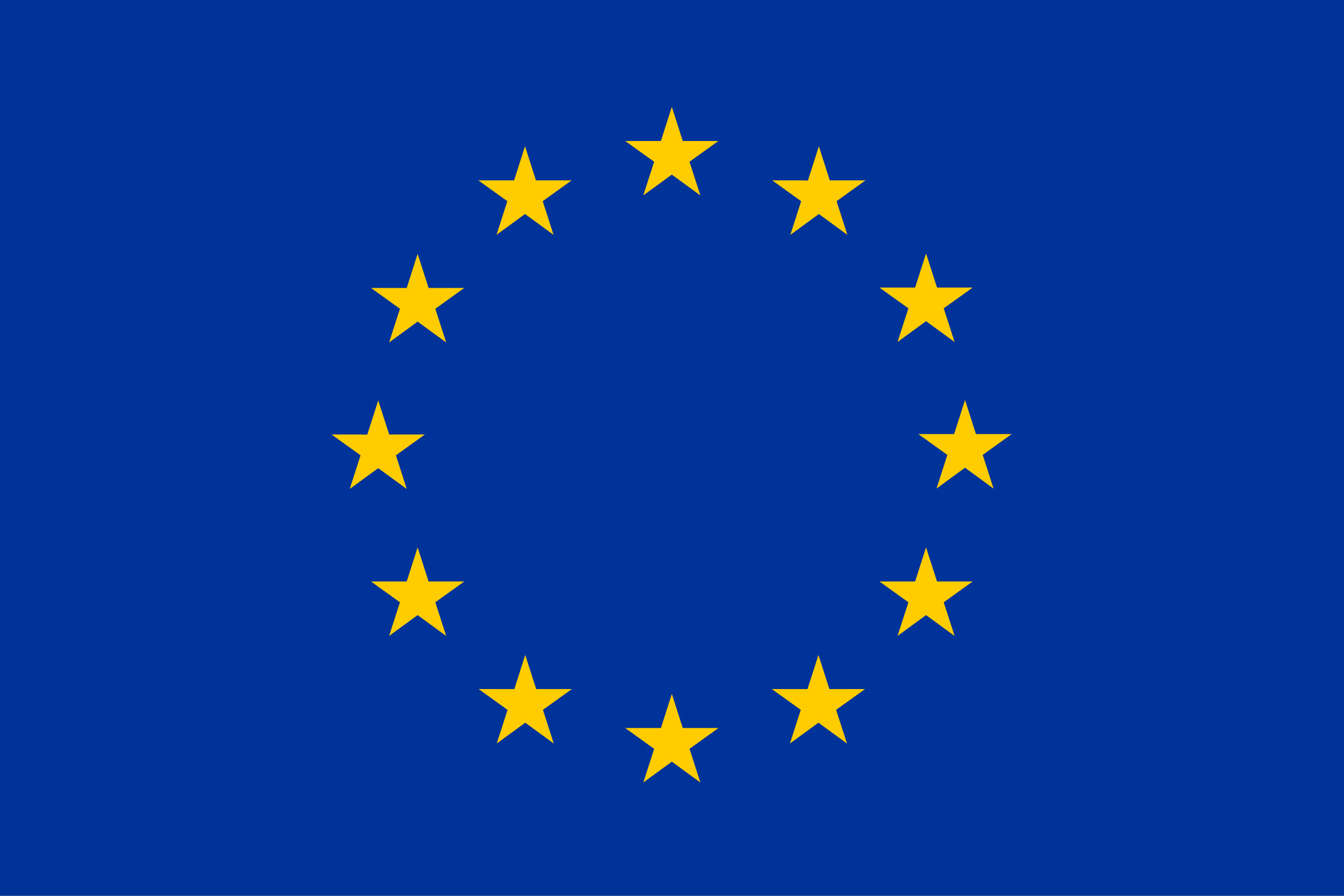EUROVOLC
Bringing the European volcanological community closer together
Constitution d'une communauté européenne de vulcanologie

For this purpose, EUROVOLC will carry out Networking and Joint Research activities, and offer Trans-national and Virtual Access to the main European Volcano Observatories and Volcano Research Infrastructures. These activities will address four broad transversal Themes:
- Community building,
- Volcano-Atmosphere interaction,
- Sub-surface progress, and
- Volcanic crisis preparedness and risk management of particular interest to the overall Earth Science community.


The EUROVOLC consortium includes volcano observatories in Europe responsible for surveillance of volcanoes and for providing advice on their activity in Italy, Iceland, Portugal (the Azores), Greece (volcanic islands) and France (overseas territories), as well as additional partners responsible for providing advice to authorities on volcanic risk and hazard. This consortium of VOs comprises all volcano observatories in Europe (see Figure below).
Detailed information on the EUROVOLC project and its latest developments, including Calls for applications for Trans-national and Virtual Access, can be monitored closesly on the EUROVOLC website: https://EUROVOLC.eu. The EUROVOLC project can also be followed on social media through the dedicated #eurovolc and @eurovolc usernames on Twitter and Instagram, and Facebook.

UCA-OPGC principal investigator
Philippe LABAZUY, geophysicist at Observatoire de Physique du Globe de Clermont-Ferrand (OPGC).
Key figures
Project duration: 3 years (February 2018 to November 2021)
Funding allocated to UCA-OPGC : 290 000 €


This project has received funding from the European Union's Horizon 2020 research and innovation programme under Grant Agreement N°731070.
